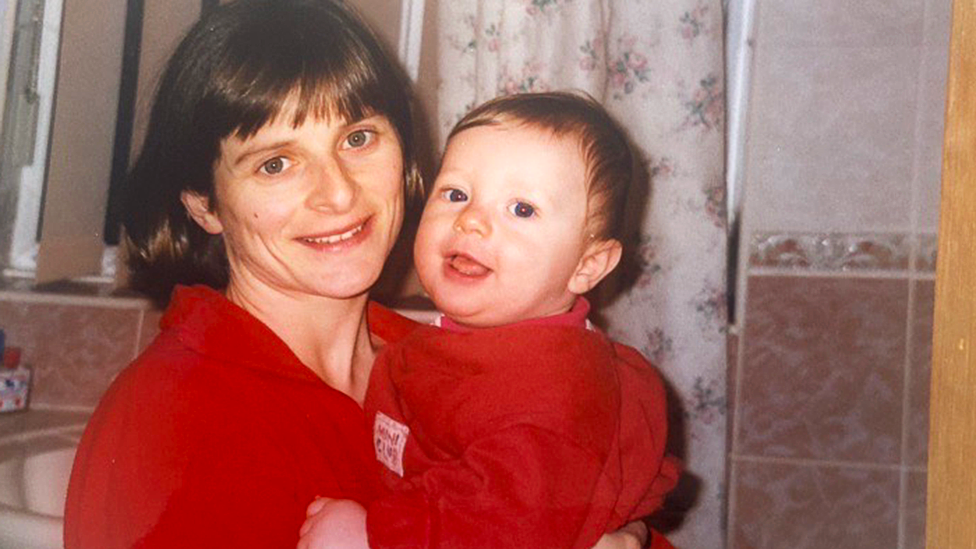Mastectomy on elderly mum inappropriate - inquest
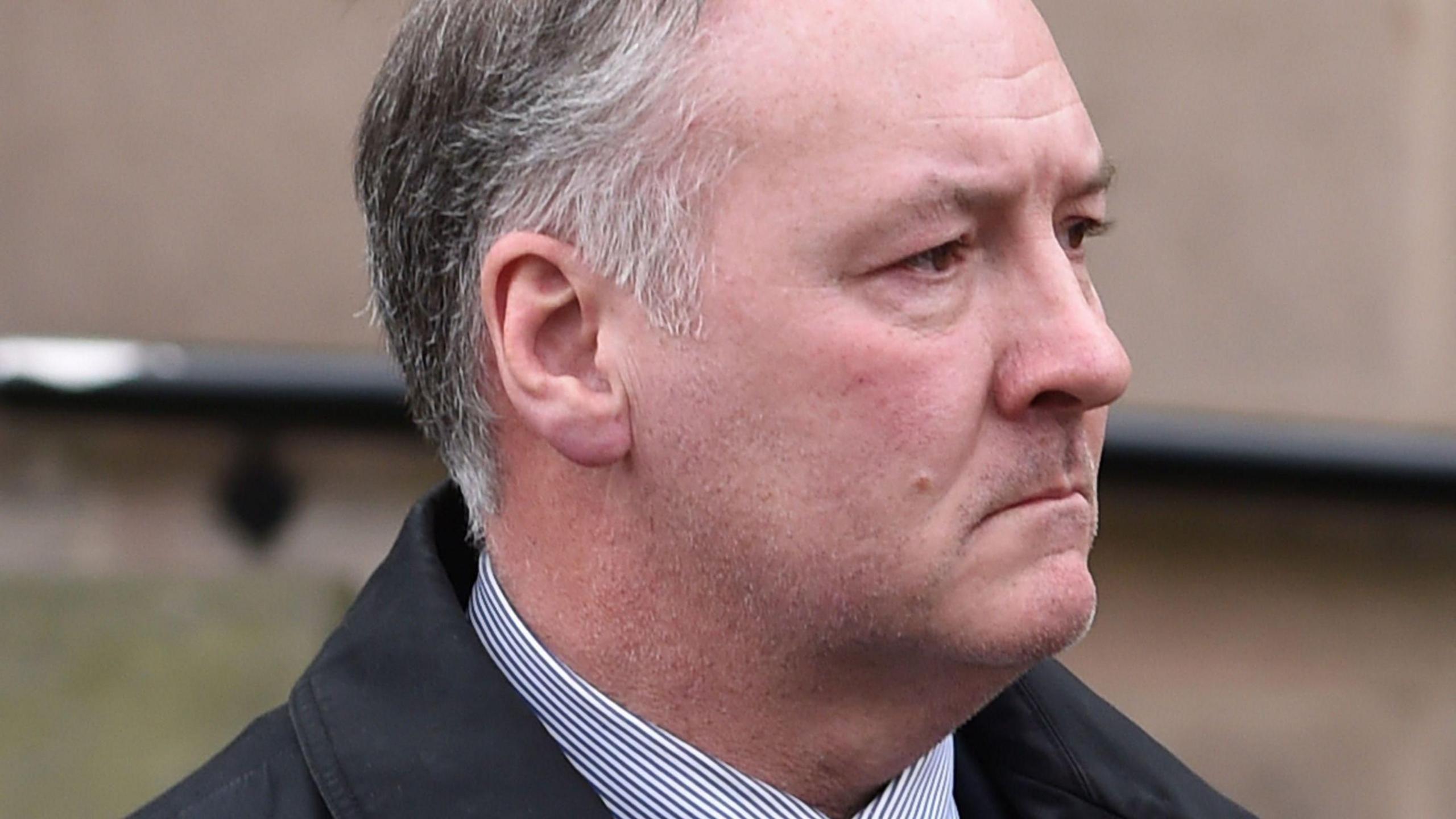
Gladys Currall died five days after having her left breast and lymph nodes removed in surgery performed by Ian Paterson
- Published
Disgraced surgeon Ian Paterson has appeared at an inquest to defend the removal of an elderly woman’s breast despite her being in poor health and having cancer that had spread to her lungs and bones.
Gladys Currall, from Solihull, died in 1998 aged 82, five days after being operated on by Paterson, who is serving a prison term for wounding linked to operations.
Medics who have reviewed Mrs Currall's case have argued her life was shortened by the “inappropriate surgery”.
But, giving evidence at Birmingham and Solihull Coroner’s Court, Paterson said he believed the operation was the only option to control Mrs Currall’s disease.
Hers is the fourth of 62 deaths of Paterson's patients to be probed by a coroner, with proceedings so far focusing on so-called cleavage-sparing mastectomies and the extent to which any leftover breast tissue may have led to cancer's return.
Mrs Currall, who had twin daughters, had been referred to oncologists after losing 8kg (1.2 stone) in three months, feeling lethargic and experiencing nausea that affected her appetite. She also had a history of heart disease.
Her notes were first reviewed by Dr John Taylor, but transferred to Paterson to “reduce cancer surgery waiting lists”, Judge Richard Foster heard.
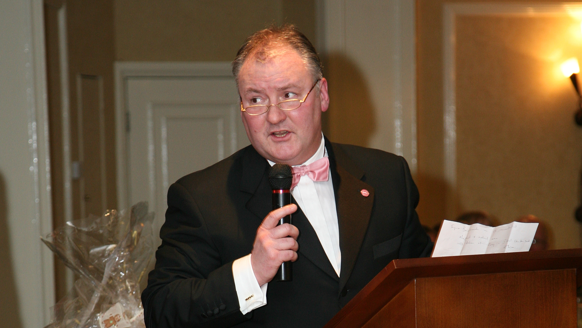
Paterson had started working at Solihull Hospital just under a month before he performed the surgery on Mrs Currall
During the hearing, which was delayed by four hours, it was revealed Paterson started working at the Solihull hospital on 23 February. Mrs Currall died a month later.
A mammogram showed she had a huge 7cm tumour, with no recognisable breast tissue. She was then prescribed a course of Tamoxifen, which Paterson assured the court, was common practice when such diagnoses were made in that era.
The records presented to the coroner did not include evidence a test was carried out to find out if Mrs Currall's tumour was oestrogen receptor-positive, which would have benefited from hormone therapy rather than surgery.
When questioned by counsel to the inquest Jonathan Jones KC on the decision to operate, given Mrs Currall’s age and condition, Paterson argued a multidisciplinary team (MDT) had reached that conclusion before she was referred to his clinic.
Joining via a video link from prison, he said: ”Some process had to have happened for the patient to end up in my clinic rather than Mr Taylor's.
“The only sensible explanation is that the decision was made jointly, him, I and the MDT, and the inter-surgeon referral had been made.”
'Notes woefully inadequate'
But Mr Jones told the court there was no evidence the MDT had made any recommendations.
In response, Paterson said the notes were “woefully inadequate” and he alleged some records were missing.
“There is a lot of evidence that, particularly in elderly ladies, removing an aggressive primary tumour allows better control of the secondary deposits,” he told the court.
When asked about alternative treatments, he said: "The option to do nothing, would have been an alternative, but you shouldn’t treat an elderly patient any differently than you would treat a younger patient.
"Obviously endocrine therapy was not an avenue open to us."
He admitted he did not tell Mrs Currall that not having surgery was an option.
Despite her advanced age, history and impending renal failure Paterson argued a mastectomy was not a major operation.
Mrs Currall underwent surgery at Solihull Hospital, then part of Heart of England Foundation NHS Trust, carried out by Paterson on 19 March 1998.
'Exposed to stresses of surgery'
Four days later, her condition deteriorated and she was transferred to Birmingham Heartlands Hospital, where she died early the following day, having suffered a perforated duodenal ulcer.
Dr Lee, a consultant who reviewed Mrs Currall’s notes, said the procedure was not the right clinical decision and she should have continued with hormone therapy drug and “not have been exposed to the stresses of surgery”.
Paterson, who practised as a consultant surgeon from 1998 until 2011, treated patients at Solihull Hospital, then part of Heart of England Foundation NHS Trust.
An NHS merger in 2007 brought Good Hope and Solihull hospitals into the same health trust.
Paterson is currently serving a 20-year sentence after being jailed in 2017 for 17 counts of wounding with intent and three of unlawful wounding relating to 10 patients.
The inquests continue.
Get in touch
Tell us which stories we should cover in Birmingham and the Black Country
Follow BBC Birmingham on BBC Sounds, Facebook, external, X, external and Instagram, external.
Related topics
- Published22 October 2024
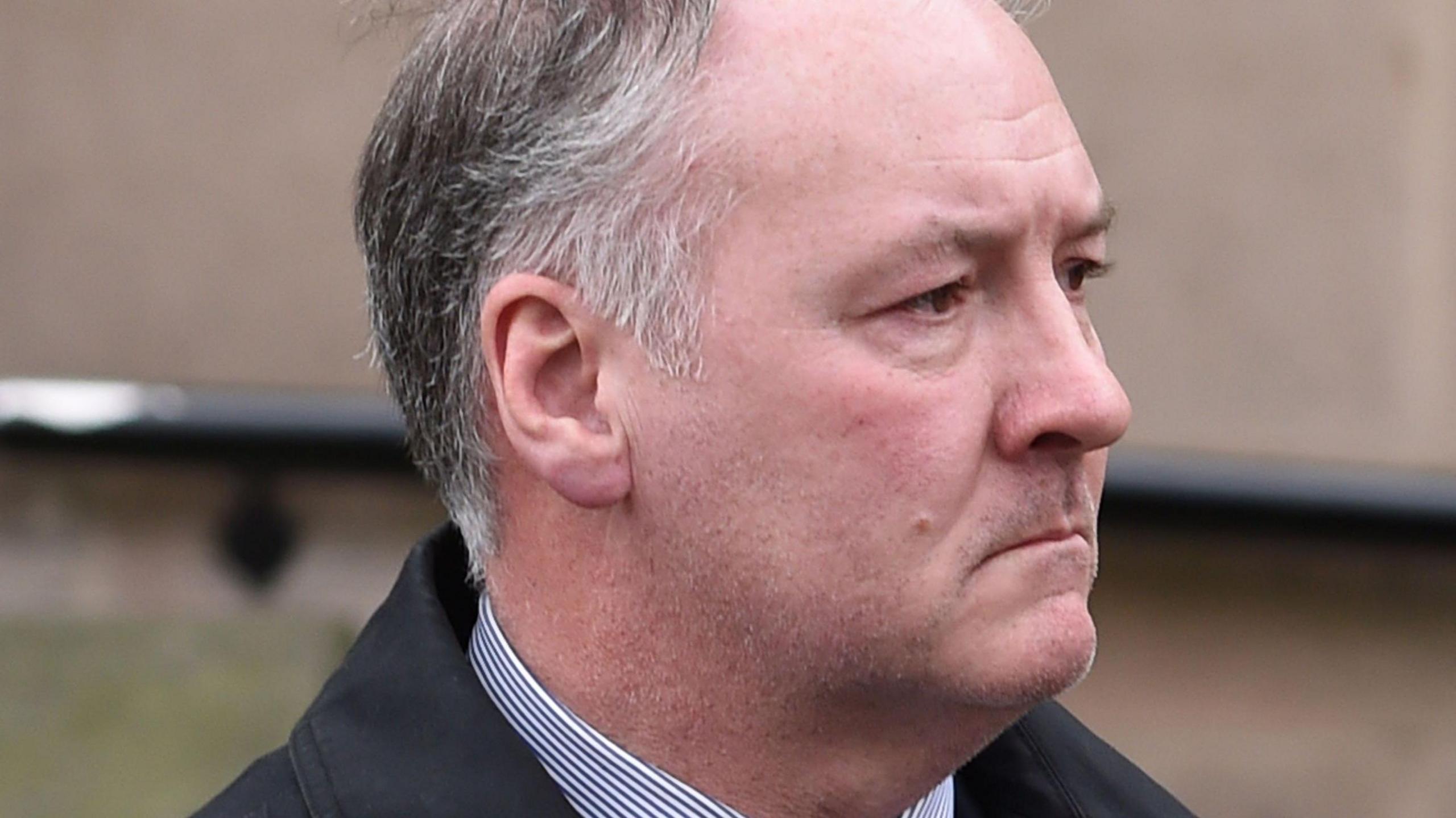
- Published31 October 2024
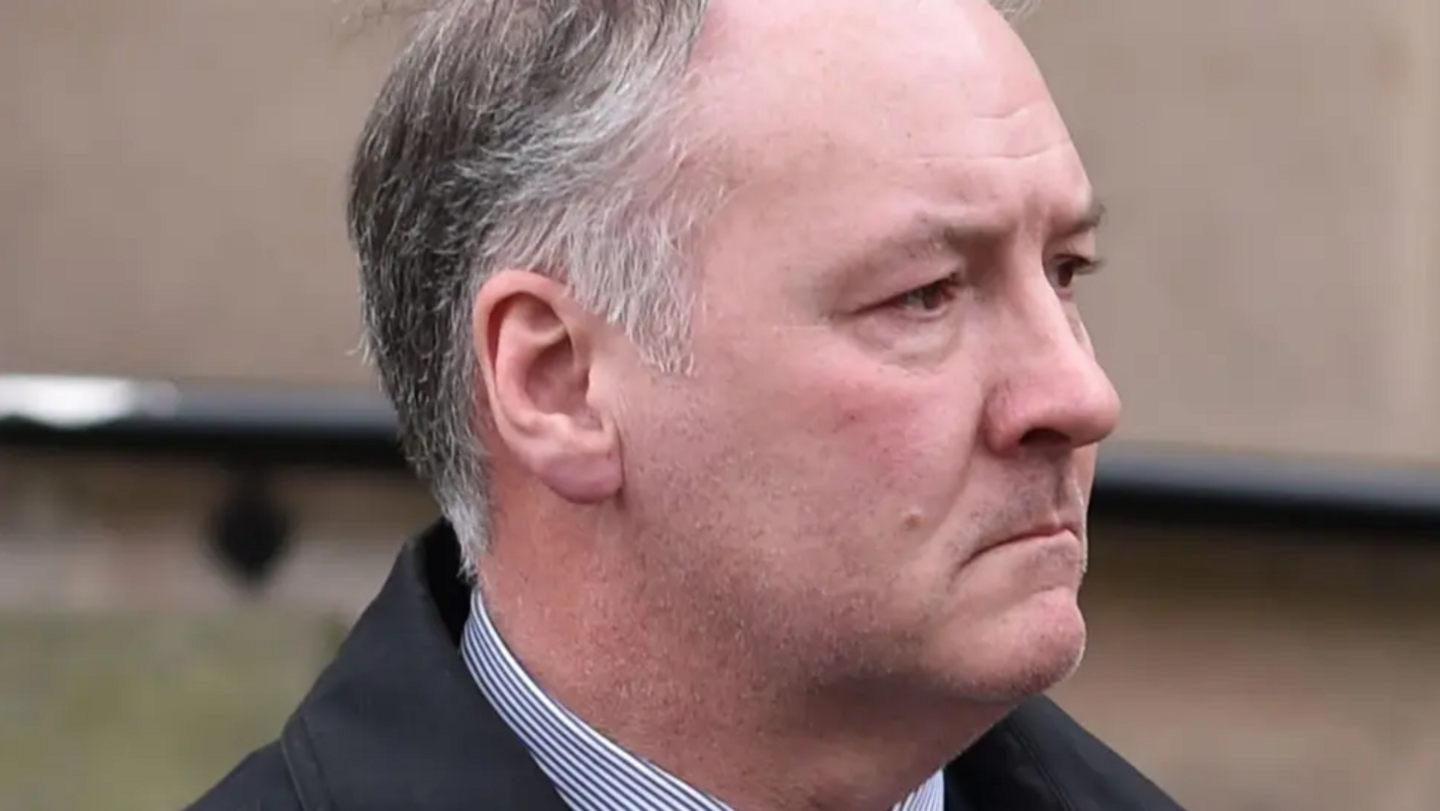
- Published7 November 2024
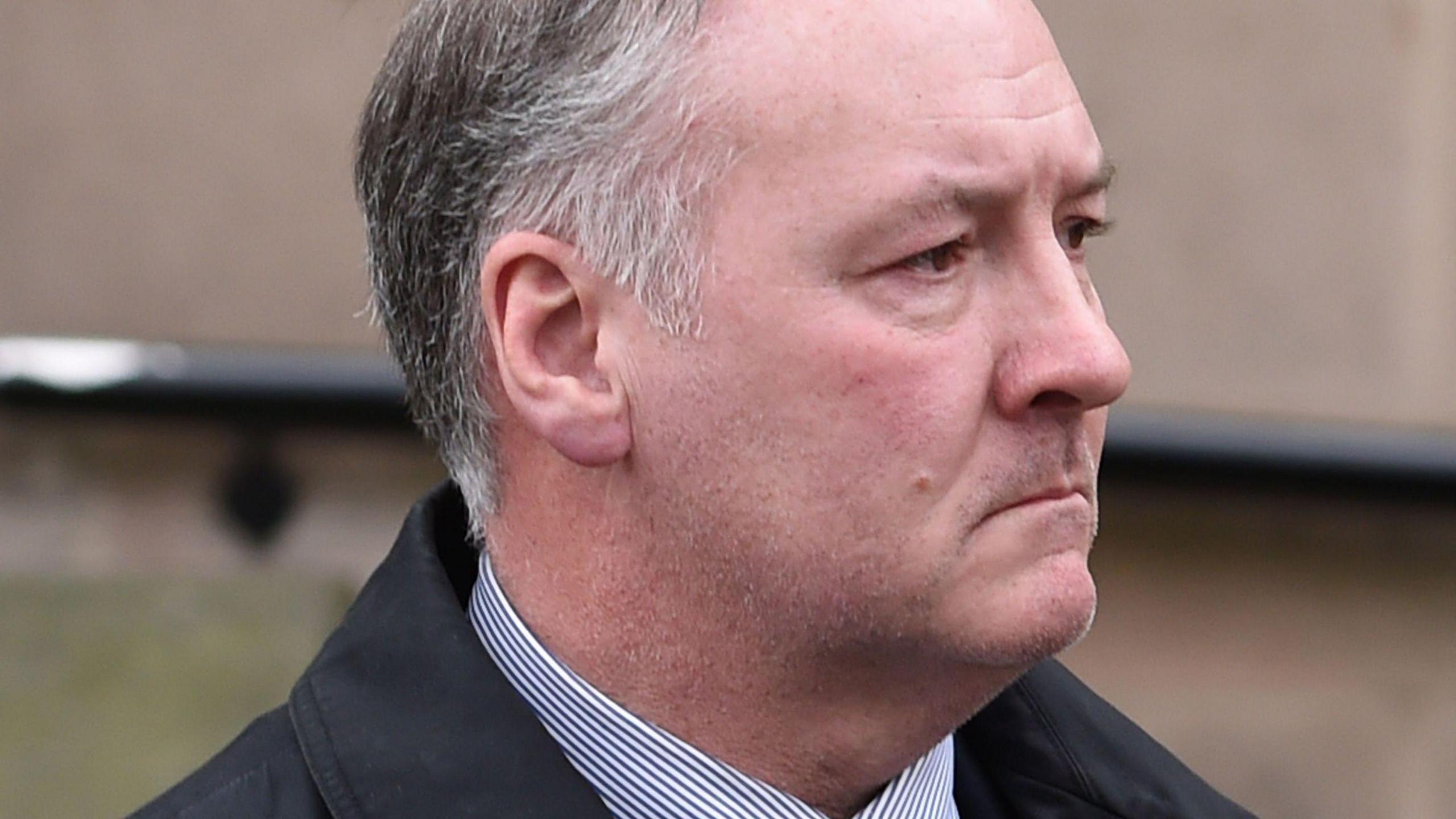
- Published11 November 2024
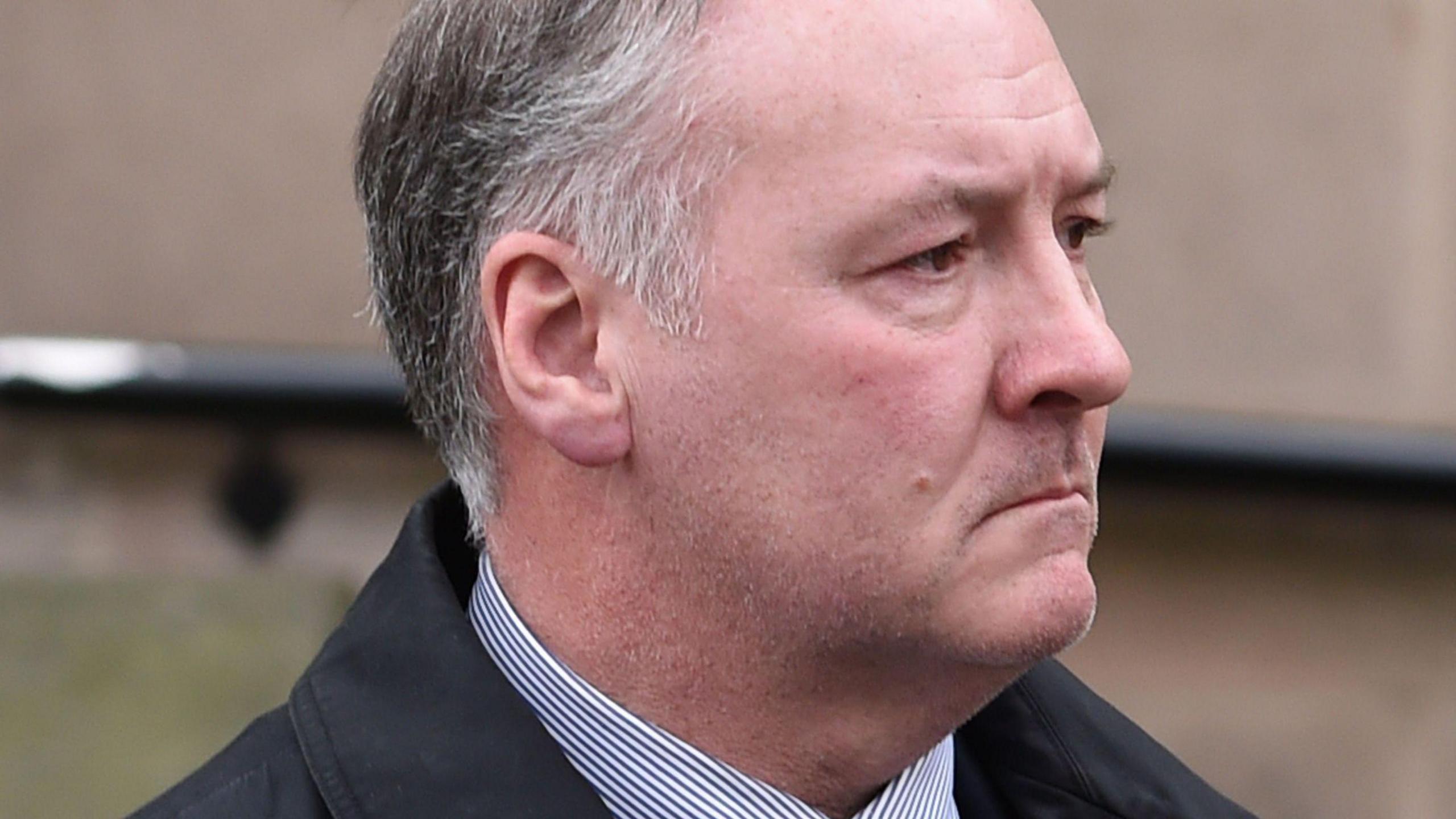
- Published21 October 2024
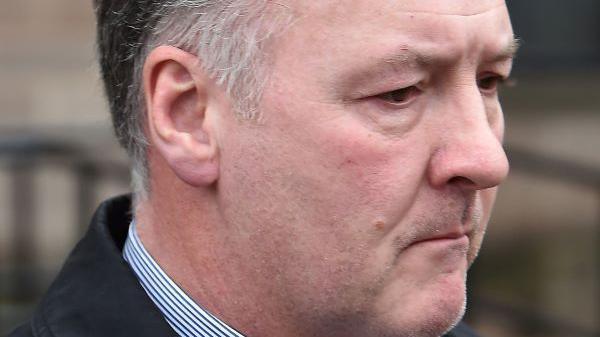
- Published23 October 2024
